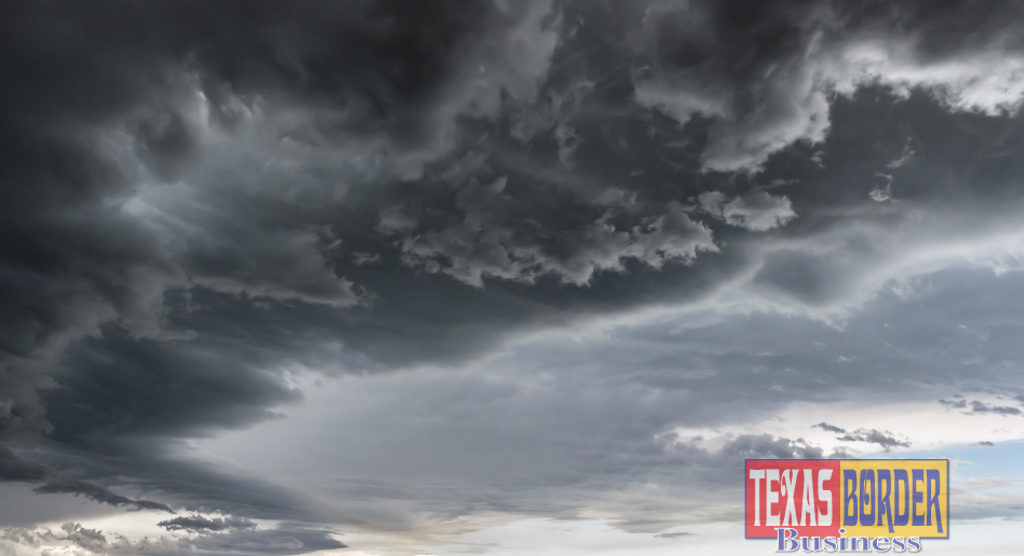
Texas Border Business
AUSTIN – Governor Greg Abbott today urged Texans to remain vigilant and closely monitor weather conditions as Tropical Depression 14 moves into the Gulf. Tropical Depression 14 is expected to be upgraded to a Tropical Storm over the weekend, with possible impacts on the state of Texas early next week. This tropical system has the potential to bring heavy rain, potential flooding, and subsequent power outages to affected areas.
“As Tropical Depression 14 approaches the state, Texans should remain vigilant and take the necessary precautions to protect themselves and others from heavy rainfall and potential flooding,” said Governor Abbott. “The State of Texas is closely monitoring weather conditions and is prepared to respond to any further developments.”
The Governor has requested that the Texas Division Of Emergency Management identify the following resources in support of the potential response to Tropical Depression 14:
- Texas A&M Forest Service: Saw Crews and Incident Management Teams
- Texas A&M Engineering and Extension Service: Texas A&M Task Force One and Two Search and Rescue Teams
- Texas Parks and Wildlife Department: Boat Teams to support water rescue operations
- Texas Military Department: High Profile Vehicle Packages
- Texas Department of State Health Services: Emergency Medical Task Force Severe Weather Packages
- Texas Department of Transportation: High Profile Vehicles
- Texas Department of Public Safety – Texas Highway Patrol: Search and Rescue Aircraft with hoist capability, and the Tactical Marine Unit.
Texans are urged to follow these flood preparedness and safety tips during severe weather events:
- Know types of flood risk in your area. Visit FEMA’s Flood Map Service Center for information here: https://msc.fema.gov/portal/home
- Sign up for your community’s warning system. The Emergency Alert System (EAS) and National Oceanic and Atmospheric Administration (NOAA) Weather Radio also provide emergency alerts.
- Build an emergency supply kit. For more information on how to build a kit, visit: https://www.ready.gov/kit
- Purchase or renew a flood insurance policy. Homeowner’s policies do not cover flooding. It typically takes up to 30 days for a policy to go into effect so the time to buy is well before a disaster. Get flood coverage under the National Flood Insurance Program (NFIP).
- Keep important documents in a waterproof container. Create password-protected digital copies.
- Protect your property. Move valuables to higher levels. Declutter drains and gutters. Install check valves. Consider a sump pump with a battery.
Be extremely cautious of any water on roads or in creeks, streams, storm drains, or other areas – never attempt to cross flowing streams or drive across flooded roadways and always observe road barricades placed for your protection. Remember, Turn Around Don’t Drown.














